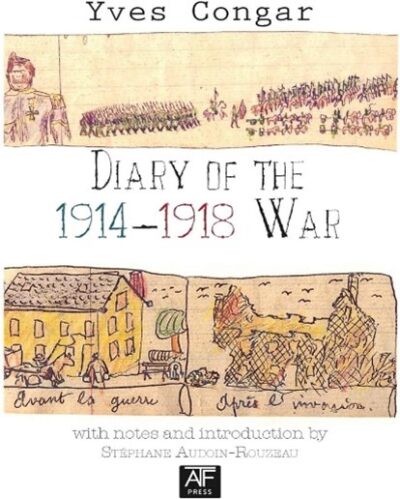HIST 3820B: Explorations in Historical Theory
Instructor: Professor Susan Whitney
Winter 2025
Topic: Youth and History
0.5 credit
In-person format
Historians use theory and employ diverse methodologies as they do research and write journal articles and books. Understanding how this happens and how these practices have evolved over time is thus crucial for students of history. This course examines the assumptions, ideas, and theories underlying the study of history by pairing general explorations of historical theory and method in weekly lectures with discussion groups focused on their application in the study of one historical topic. The topic for Winter 2024 is the history of young people.
HIST 3820 begins in the late nineteenth century, when history began to be taught in universities in the western world. The course discusses the ideas and assumptions of the first generations of modern historians, suggesting how historians’ assumptions about nationalism, gender, and militarism were taught to children in nineteenth-century primary schools. HIST 3820 continues by exploring major developments in history writing and thinking during the twentieth and early twenty-first centuries. Students are introduced to the Annales school, the new social history, women’s and gender history, post-colonial history, cultural history, historical memory and commemoration, and global and transnational history. Students will be asked to read short extracts of important pieces of historical theory or method in preparation for lecture and examples of youth history for their discussion groups. The emergence of class, gender, sexuality, age, race, and ethnicity as important categories of historical analysis will be traced and considered.
The topics to be explored during discussion groups will likely include historical approaches to childhood; youth groups in early modern France; young workers during industrialization; the education of young people in schools (including residential schools), youth groups, and reform schools; young people during the First World War and the Russian Revolution; and youth activism during the global 1960s.
Course evaluation
Students will be graded on their informed participation in weekly discussion groups (likely 25%), written assignments, and a final exam. Written work will most likely consist of a short paper on assigned readings (15%), and a 10-12 double-spaced page paper (25%) due at the end of the semester. The final paper will ask students to apply the skills they have been learning in the course to a book of their choosing in youth history. Suggestions for suitable books available online will be included in the course outline. The final exam will likely be worth 35% of the final course grade.
All readings will be available electronically through ARES. No purchases are required.
Please contact Professor Whitney (Susan.Whitney@carleton.ca) if you have any questions about the course.
Covers of some of the books you can choose to write your final paper on:
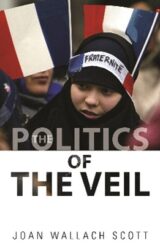 |
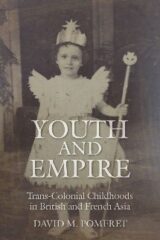 |
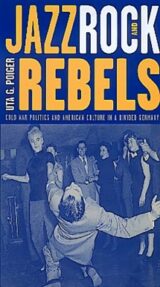 |
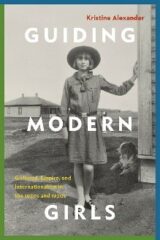 |
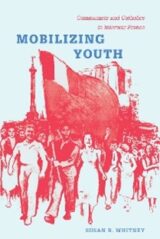 |
